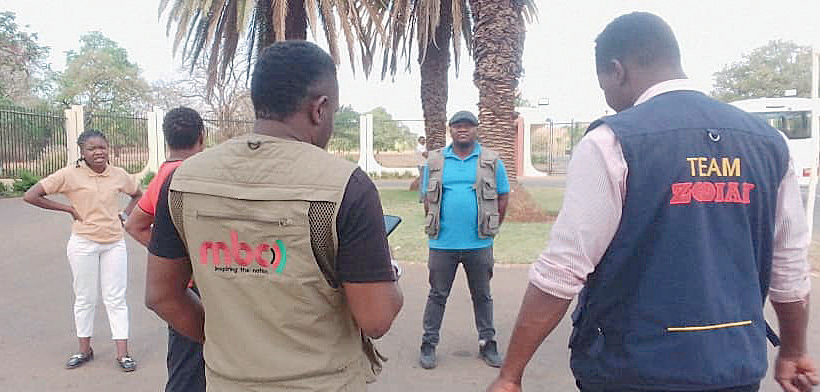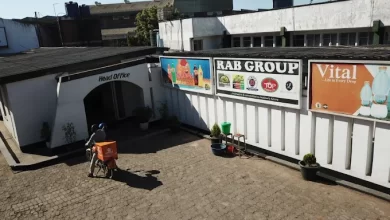Rural Mangochi reaps there wards of innovation
In the remote reaches of Traditional Authority Namkumba, near the Dedza border, a quiet transformation is underway. What began in 2018 as a modest village savings group—known locally as a banki m’khonde—has evolved into a thriving agricultural and entrepreneurial venture, reshaping lives and livelihoods in Mangochi District.
The Namawawu Youth Club, founded by 18 young men and women, is now a model of rural resilience. Through cotton farming, irrigation, and small-scale enterprise, the group is tackling poverty and unemployment with remarkable success.

Chairperson Bedford Kili recalls the group’s early days, when members pooled savings and lent money to one another. The turning point came in 2022, when the African Institute of Corporate Citizenship (AICC) introduced the club to cotton farming.
“AICC trained us in cotton production and showed us how it could be a reliable source of income,” says Kili. The organisation also encouraged crop diversification to mitigate the effects of climate change. “That’s how we began irrigation farming. We now grow maize, beans, and okra during the off-season, so we’re never left empty-handed.”
For Juliet Banda, the club’s treasurer and a Form Four student, the impact has been personal. “Our lives have improved a hundredfold,” she says. “I pay my own school fees and support my family. We’re no longer idle youths—we’re building something.”
The ripple effect of the AICC initiative extends beyond youth. In the same area, the Titukulane Women Group—comprising 27 women and three men—has combined cotton farming with soap-making. Their product, branded Tiku, has become a local favourite.
“Our soap sells fast,” says treasurer Elemesi Sawonaimfa. “We want to grow our capital, buy machines, and eventually supply Mangochi and beyond.”
Sawonaimfa notes that the project has elevated women’s roles in both family and community. “We now contribute financially and participate in decision-making. It’s given us confidence and respect.”
Vice-secretary Pemphero Mugomba adds that men have joined the group after witnessing its success. “We were inspired by the women. Our lives have changed too.”
Cotton and Dignity
A few kilometres away in Malembo, Mercy Smart, 65, offers a testament to the project’s long-term impact. For nearly three decades, she grew cotton and baked bread with little to show for it. That changed after she received training under AICC’s Women Economic Empowerment in the Cotton Value Chain (WEECVC) programme.
“My life transformed completely,” she says. “I built a house, paid school fees for my children, and lived with dignity. Cotton and baking gave me that.”
A Model of Rural Empowerment
According to Pemphero Mugomba, chairperson of the Area Development Committee for Group Village Head Chimphepo, the AICC initiative is among the most impactful in the region.
“It combines cotton farming, irrigation, and small business. It’s promoting self-reliance and transforming lives,” he says. “We’re ready to provide land and support its expansion. It’s a new dawn for our communities.”
AICC field officer Grace Mbekeani says the project—funded by the Swedish Embassy through We Effect—is working with 2,400 farmers to reduce poverty and inequality in cotton-growing areas.
“We focus on empowering women and ensuring they have multiple income sources,” she explains. Farmers are also learning climate-smart techniques, such as using biochar to conserve soil moisture. “After the cotton season, we encourage irrigation and business activities to diversify income.”
A Seed of Change
From savings circles to soap-making, from cotton fields to classrooms, the story of Namawawu Youth Club and its counterparts in Namkumba is a compelling example of what rural communities can achieve with the right support.
It is a reminder that even the smallest banki m’khonde can grow into a seed of change—cultivated by vision, unity, and empowerment.





